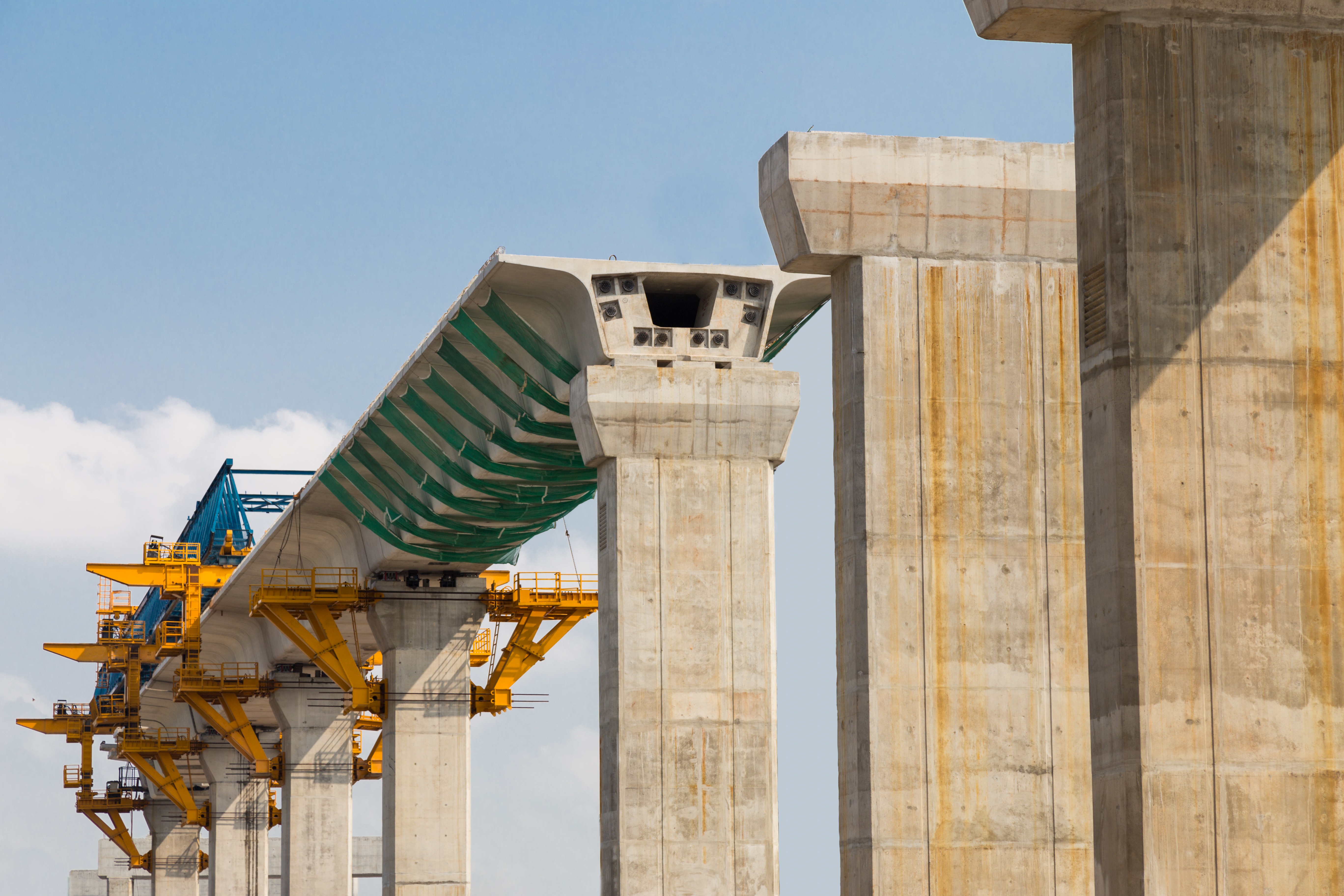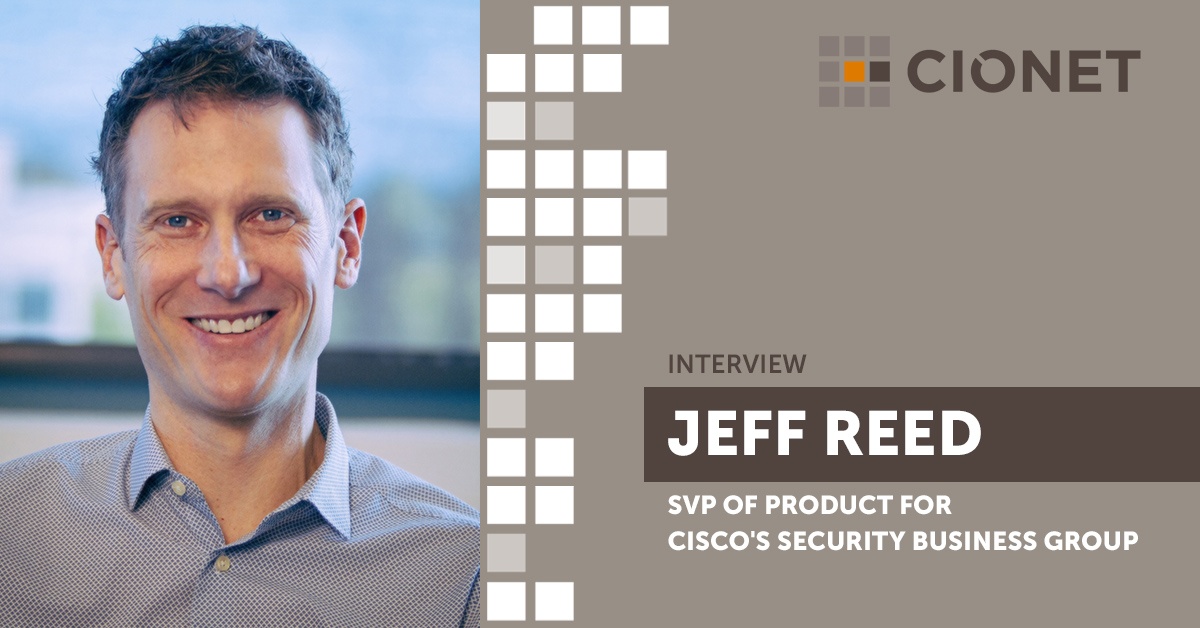
Interview with Jeff Reed, SVP of Product for Cisco's Security Business Group
Before we had a dinner with Jeff Reed and several IT and security executives in Warsaw, we took the opportunity to ask Jeff about three things: cloud computing, the future of security threats, and the future of Cisco.
CIONET: In Poland, the migration to cloud is going slower than in the rest of the world. What are the most common concerns in your experience with clients, and how do you keep your cloud services secure?
Jeff Reed: The data I’ve seen doesn’t point to the cloud environment being any less secure than on-prem. So I think a lot of the concerns might be more because of change aversion than because of real threat.
A major concern is the perceived lack of control over the data in the cloud – where it resides, who controls the infrastructure it’s on. But cloud adoption keeps growing and in my experience, there’s a lot of customers who just dive into it, feeling there’s nothing to fear in terms of security. Cloud security is done quite differently than on-prem. Cloud workload protection in particular is handled much differently and it’s going to bring a new set of tech capabilities. Starting with: how do I secure the connection to the cloud? This may or may not be correlated, but as more apps are moving to the cloud, we are seeing users more often access them from all sorts of places, like their laptops at the airport, or their homes – basically outside of the corporate network. And this access needs to be secured, which is at the core of our Umbrella solution, for example.
Another concern is how we secure the workload there, I think this is going to be a very dynamic space in the next few years. We have some capabilities in that area, too. What matters in a cloud environment may not matter on-prem. Microsegmentation is a big thing, IPS is another. Being careful of what services can talk to what – a great best practice regardless of workloads.
Do you think everything should be migrated to cloud?
I don’t think that’s possible, for starters. I think there are certain environments that will be very difficult to move to cloud, like critical infrastructure for example. Some things might end up in the cloud, but it will take a very long time. And there’s a lot of areas where you see a rapid move towards cloud. It depends on the industry you’re in and the type of applications you’re dealing with. Cisco tries to help customers make the move with services like Cloud Protect, Cloud Connect; we take care of the security and connectivity so customers can focus on business.
Will software gain importance in the future of Cisco, or will people always think of you as a hardware company?
In the last four acquisitions Cisco has made, three were SaaS solutions. This will continue to be our focus. Even when I was part of the networking team, the majority of the ways you’d buy our networking infrastructure was as a hardware device with software running on it. Back when I was the GM of Unified Access Group, roughly 85% of our engineers were software engineers. Even though we’re doing quite a bit of cutting edge things on the hardware side -like the Catalyst 9k switch that can find a threat in encrypted traffic without decrypting it – from R&D perspective, most of the assets we’re dealing with are software, with a focus on SaaS.
Can you name any security threats that will disappear in 3-4 years?
I don’t want to sound grim and say none will be defeated, but I also don’t want to look like a fool, saying something like “I haven’t seen Petya or Wannacry in a while (which is true)” and then get hit by it the next day.
But what I can say is that we’ve been getting better at detection and prevention. Cisco runs an Annual Cybersecurity Report, led by our Talos team. For all the infected files, we see that the time from when we first saw such a file and didn’t know what it was, to detecting and attacking the threat, has decreased by 2/3. While at the same time the number of known threats has increased ten times. So, we have made a lot of progress.

Od 6 września w Gdańsku, Krakowie, Wrocławiu i Poznaniu podczas drugiej edycji Security Excellence Roadshow, Marcin Maruta (Kancelaria Maruta Wachta sp.j.) i Piotr Konieczny (Niebezpiecznik.pl) opowiedzą o tym jakie zagrożenia dla bezpieczeństwa danych wiążą się z czynnikiem ludzkim, konkurencją i nowymi regulacjami. Nasi Partnerzy zaś w interaktywnej sesji dyskusyjnej, pokażą jakich technologii użyć, by uchronić się przed konkretnymi zagrożeniami. Więcej info: www.securityexcellence.pl
Marszałkowska 18 lok 5
00-590 Warszawa
office@degroup.pl